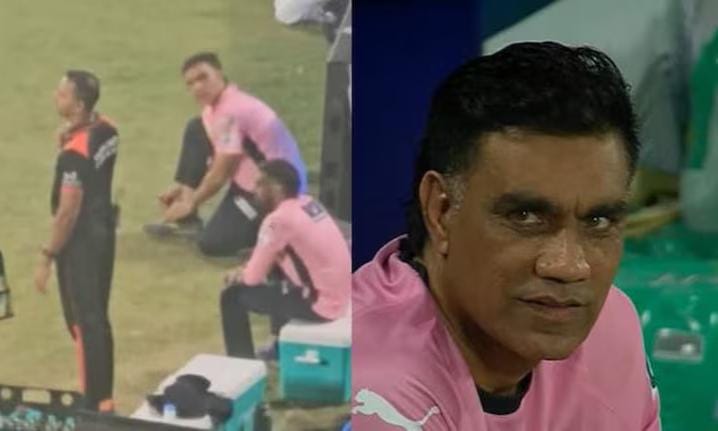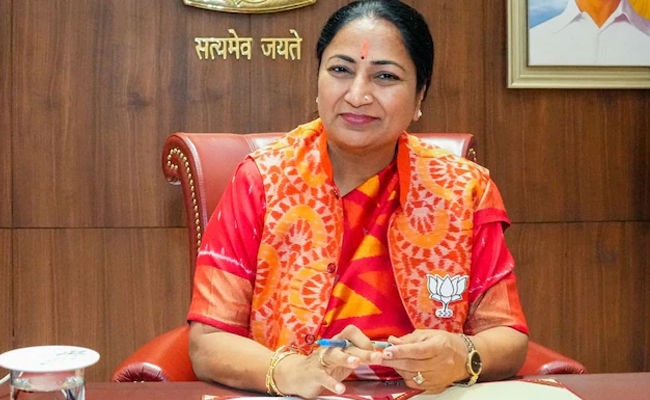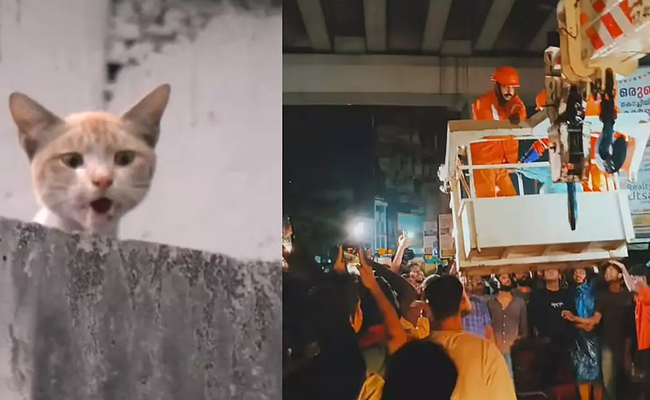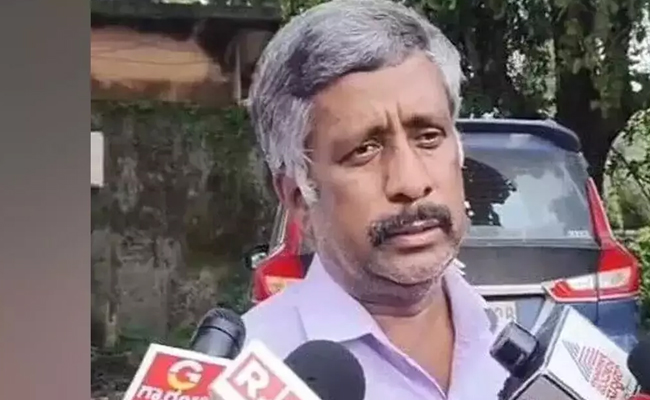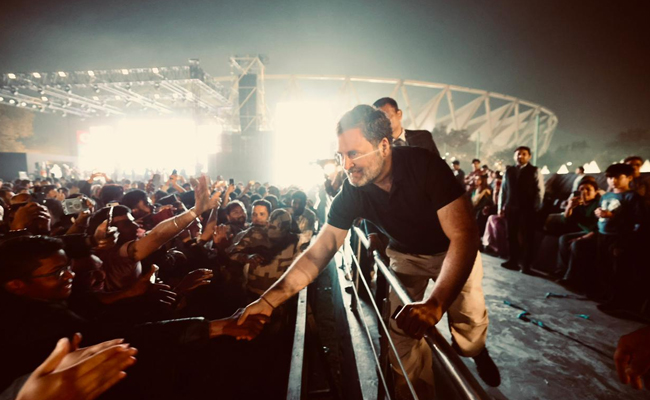New Delhi (PTI): Delhi Capitals bowling coach Munaf Patel has been fined 25 percent of his match fee and accumulated one demerit point for breaching the IPL Code of Conduct during the high-octane game against Rajasthan Royals here.
The match went down to the wire on Wednesday night with DC winning the edge-of-the-seat thriller in a Super Over after both teams were tied at 188 runs.
The former India pacer "admitted to the Level 1 offence under Article 2.20 of the IPL Code of Conduct, which pertains to the conduct that is contrary to the spirit of the game," said an IPL statement.
"Munaf Patel, Bowling Coach, Delhi Capitals has been fined 25 per cent of his match fees and has also accumulated One Demerit Point for breaching the IPL Code of Conduct during his team's match against Rajasthan Royals at the Arun Jaitley Stadium, Delhi on Wednesday," said the statement
Munaf, the statement said, had "accepted the Match Referee's sanction".
The statement did not specify Munaf's exact offence but it is likely that he was penalised for his argument with a match official after the former India pacer was not allowed to send a player into the middle to convey his message.
Munaf, a key member of India's 2011 ODI World Cup-winning squad under MS Dhoni, was appointed DC bowling coach in November last year replacing James Hopes.
Article 2.20 covers all types of conduct that are contrary to the spirit of the game and are not specifically and adequately covered by the specific offences set out elsewhere in this Code of Conduct.
"...Article 2.20 may (depending upon the seriousness and context of the breach) prohibit, without limitation, the following: (a) the use of an illegal bat or illegal wicket-keeping gloves; and (b) failure to comply with the provisions of clause 6.3 of the IPL Match Playing Conditions," the IPL Code of Conduct states.
"...the context of the particular situation, and whether it was deliberate, reckless, negligent, avoidable and/or accidental, shall be considered. The person lodging the Report shall determine where on the range of severity the conduct lays (with the range of severity starting at conduct of a minor nature (and hence a Level 1 Offence) up to conduct of an extremely serious nature (and hence a Level 4 Offence)."
Let the Truth be known. If you read VB and like VB, please be a VB Supporter and Help us deliver the Truth to one and all.
Kolkata (PTI): Alleging that her West Bengal counterpart Mamata Banerjee had approached the Supreme Court to stall the SIR exercise to prevent the identification of infiltrators, Delhi Chief Minister Rekha Gupta on Sunday claimed that the people of the state have made up their minds to dislodge the Trinamool Congress from power.
The TMC countered strongly, urging Gupta to "look into her own backyard" and accused her of making absurd allegations against the TMC government without checking facts.
Addressing participants at the 'Nari Sankalp Yatra' organised by the BJP's women's wing at Science City auditorium here, Gupta alleged that the "hands-off" and appeasement policies of the TMC government had allowed thousands of infiltrators to enter the state in recent years.
She claimed that this had put a strain on basic rights such as access to water, electricity, ration, education, livelihood and the right to vote for genuine citizens.
"She wants to perpetuate this and hence is trying to stall the SIR exercise, which aims at identifying and deporting infiltrators. Imagine a chief minister going to the apex court to argue against an exercise meant to ensure free and fair polls," Gupta said.
The BJP leader alleged that appeasement politics had reached an "alarming level" under the TMC regime.
Raising concerns over women's safety, she claimed that women in the state were not secure despite having a woman chief minister.
Referring to the rape-murder of a woman doctor at RG Kar Hospital, Gupta alleged that the state government had failed to respond adequately to such crimes.
She also referred to the alleged rape of a woman medic in Durgapur and another law student on a Kolkata college campus, claiming that criminals had been emboldened to commit brutalities against women.
She alleged that in crimes against women, overall crime incidents and child marriages, West Bengal remained among the top -- "a slur on a state which once led intellectual and social movements and set examples for the rest of the country," she said.
Criticising the state government's welfare initiatives, she said schemes such as Kanyashree were built on "false claims" and asserted that women needed security rather than assurances.
Accusing the state government of blocking central schemes, Gupta alleged that funds worth "lakhs of crores of rupees" had not reached the poor due to non-implementation of programmes such as Ayushman Bharat, PM Awas Yojana and Jal Jeevan Mission by the state.
"You are only interested in renaming projects and taking credit," she said.
Gupta also alleged that the education sector in the state had been adversely affected, saying several state-run schools had closed due to a shortage of teachers and that the government was opposed to the National Education Policy.
Drawing a comparison with BJP-ruled Delhi, Gupta said, "People have already voted out 'Bhaia' (a reference to former Delhi chief minister Arvind Kejriwal). Now it is your turn to bid farewell to 'Didi'." Calling upon women to resist what she termed "strong-arm tactics", she urged them to assert their strength, invoking the imagery of Goddess Durga.
"Bengal has the right to live with dignity, and women have the right to live with dignity," she added.
Reacting to Gupta's allegations, West Bengal Women and Child Welfare minister Shashi Panja accused her of making "absurd allegations" against the Trinamool Congress government ahead of elections.
Panja alleged that during Gupta's tenure in Delhi, several incidents had raised serious concerns, including reports of missing young women and a blast near the Red Fort.
She also criticised the air pollution situation in the national capital, claiming that people were struggling to breathe.
The TMC leader said that despite being in power for a year, Gupta was making "tall claims" instead of addressing key issues in Delhi.
Panja further alleged that the Delhi CM visited West Bengal during elections to "peddle false allegations" against the state government.
Rebutting Gupta, the TMC said in a post on X said, "Madam why did you go off-script again? For your edification, here are the cold, hard facts: In total cases of crimes (IPC + SLL), Bengal ranks a respectable 15th, far safer than BJP-ruled Uttar Pradesh, Maharashtra, and Gujarat, which languish near the bottom."
"In overall crime rate, Bengal sits comfortably at 28th. Who's second? Your own Delhi. Double Engine Gujarat and Haryana grab 4th and 5th as top-tier crime havens," the TMC said.
"In child marriage, Assam again takes the shameful pole position. And yet you dare lecture Bengal? Stop embarrassing yourself, stop the hypocrisy, and maybe fix the rotting mess in your own backyard before pointing fingers at a state that's outperforming your disasters on every key metric," the TMC countered.

